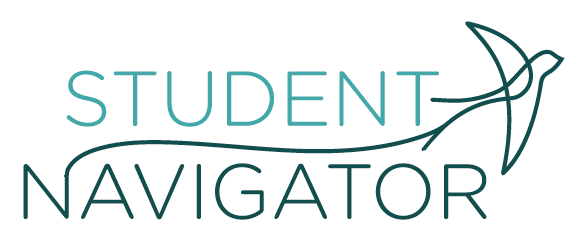In the race to ensure you get a 2:1 it’s easy to think it’s worth focusing all your time on your study to ensure a high grade. However, when it comes to applying for graduate jobs, it’s clear from employers that other activities on your CV, including some relevant work experience, are as important in how to get a graduate job and is what will help you stand out from other applicants. Also, most of the large companies who recruit graduates organise activities to meet students at key points throughout a degree course. And these activities help you decide if a sector or job is for you but also help employers notice you.
How to get a graduate job? What can you do?
There are key actions you can take each year to improve your prospects of getting a graduate job when you finish at university and key dates you need to be aware of.
First year
Your first year is all about networking and finding out about jobs and sectors. This knowledge will help you decide if a sector might be of interest and help you describe why you’re interested.
Insight days or weeks. These are usually in the Easter holidays for first year students and are advertised any time between September up to January (many deadlines are around Christmas) though banks, especially investment banks, are generally the earliest recruiters. In law these events are called vacation schemes and (in banking) spring weeks and might even be termed ‘Open Days’.
Insight events can last from one day up to two weeks and often have activities such as office visits, meeting current employees, work shadowing and having presentations about the business and sector. The idea is to give you ‘insight’ into the sector and should be included on your C.V.
If you are interested in sectors which don’t run formal insight events, first year is still a good time to be attending any employer led events to find out more about the company and sector.
Second year – Internships or work experience.
These are longer work experience placements (usually paid) and only offered for students in their penultimate year, usually over the summer. There’s some research suggesting over 50% of places on graduate schemes go to students from internships.
Due to covid some internships have been cancelled or changed and virtual work placements have taken their place. Many university careers sites will have their specific virtual work experience options.
Usually deadlines to apply are between December and February but you will need to check each company as this varies a lot and schemes may have changed or been postponed due to Covid 19.
If you’ve missed this date it’s not too late to do something but you’ll need to target smaller employers and consider unpaid activities such as work shadowing or volunteering in the non-profit sector.
Third year – application time
If you want to be on a graduate scheme after your final year, whether that’s finance, management, technology or engineering many recruit the Autumn term before. Yes, that means starting to apply in the first term of your final year and as soon as you’re enrolled you need to be getting ready to apply which will include ensuring your CV and other social media profiles are up to date. Some companies are still recruiting later in the year or have ‘rolling’ recruitment so ensure you check key dates; https://www.brightnetwork.co.uk/application-deadlines/jobs/graduate-schemes/
For graduate schemes there are usually several stages of recruitment and it helps your chances of success to get advice and coaching.
Of course not all graduate careers involve graduate schemes and to enter into early career roles will still involve preparing your application strategy.
Career Coaching
At www.studentnavigator.co.uk, we offer career coaching for university students. A programme of three sessions will help you decide on a career path and prepare and equip you for applications along the way. Please contact us to see how we can help you.

